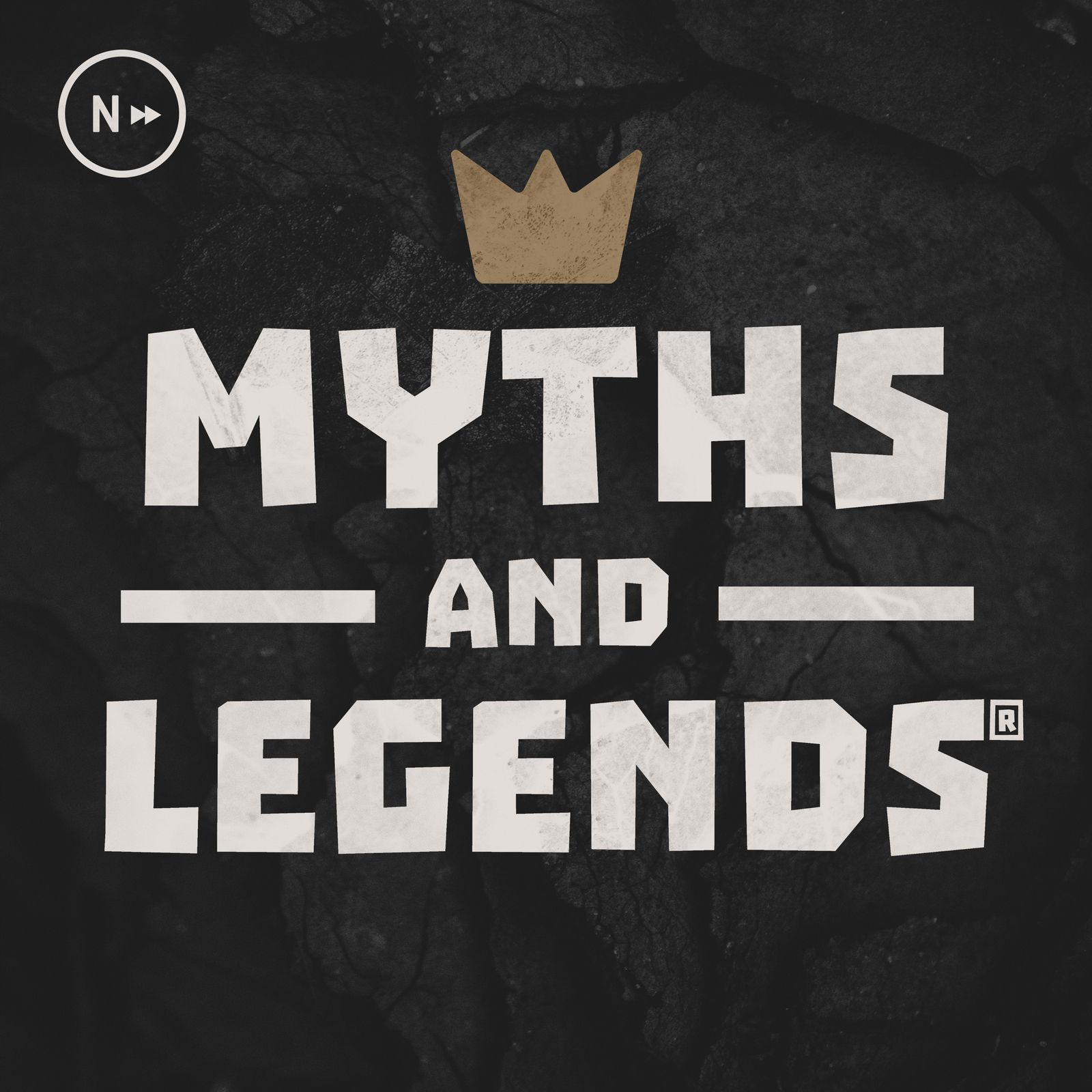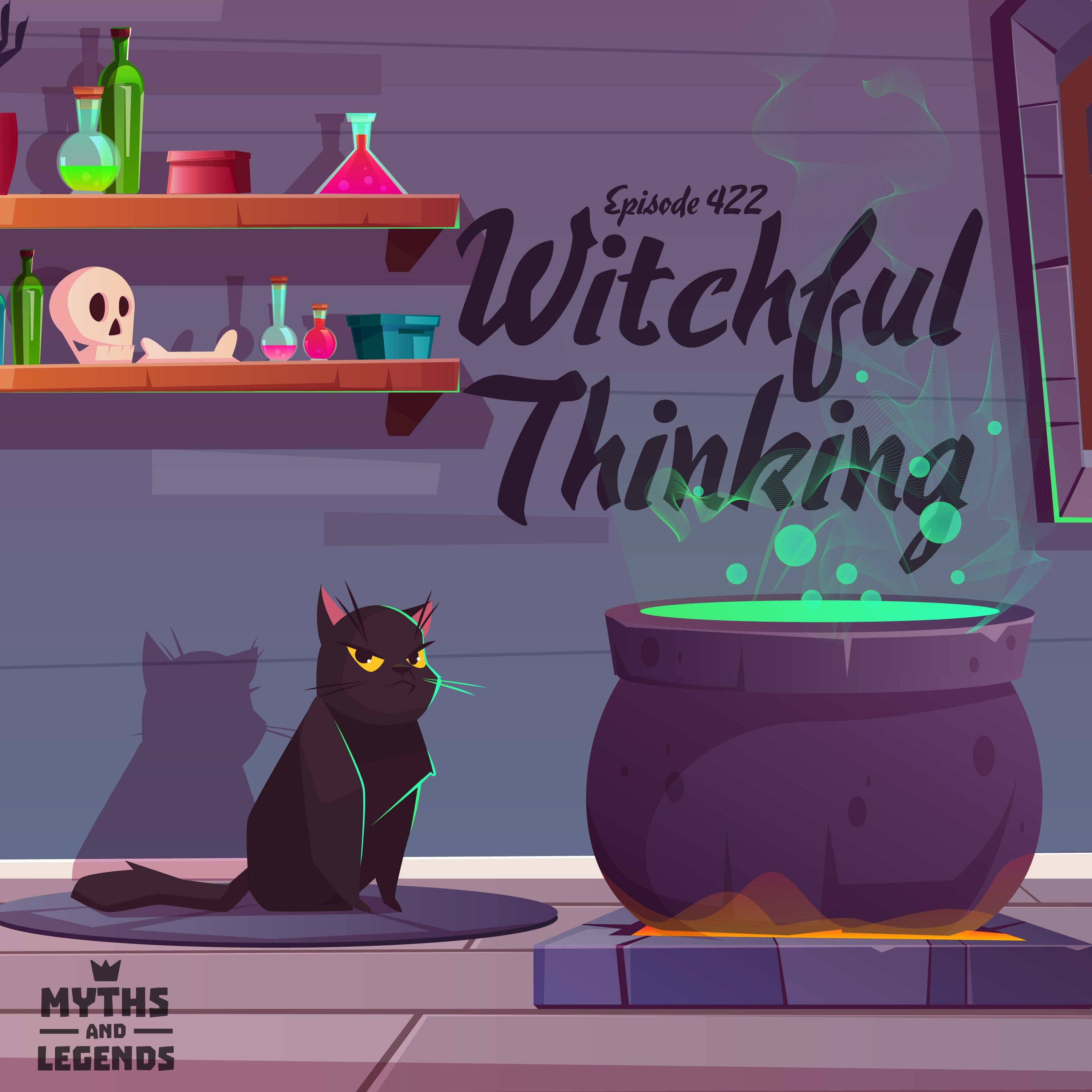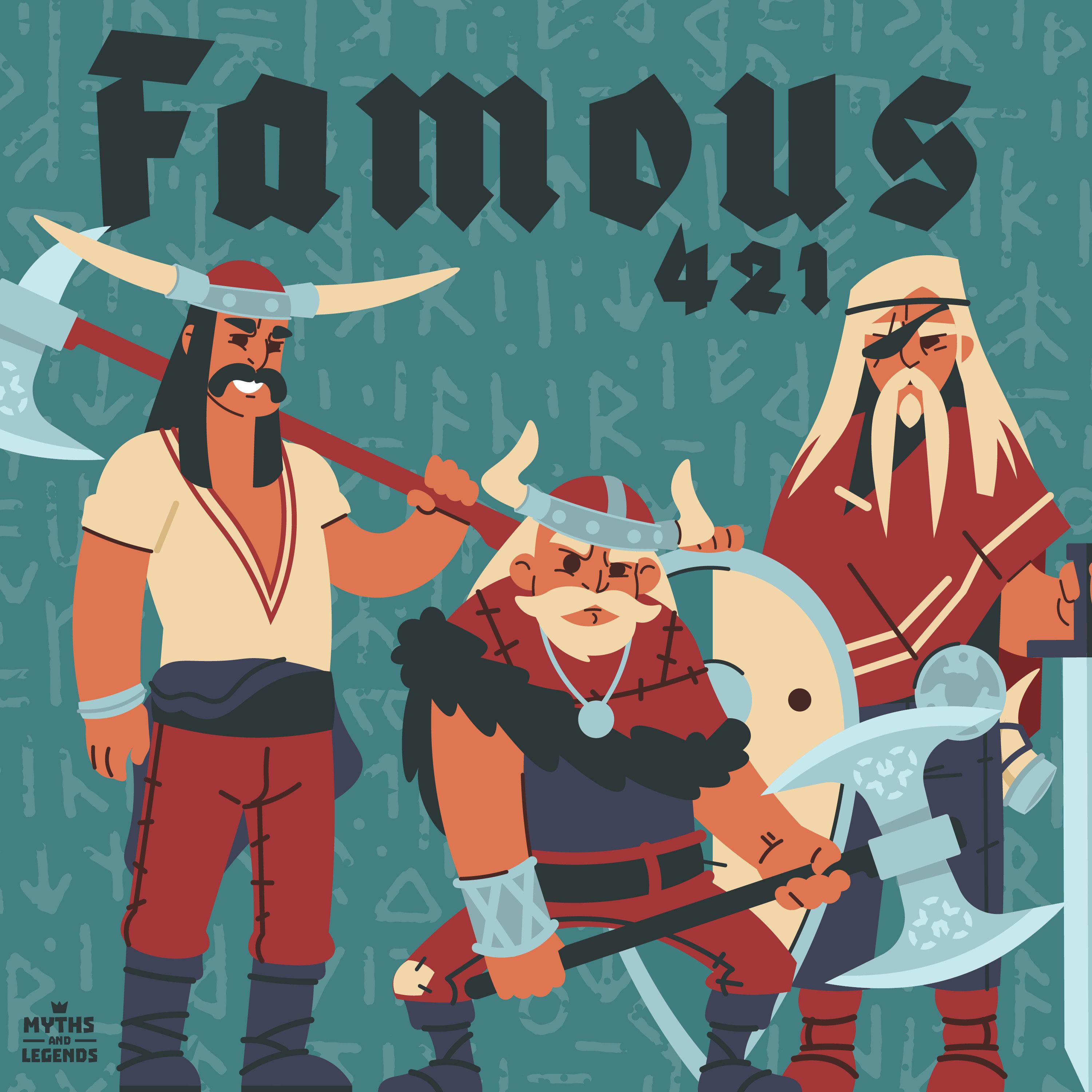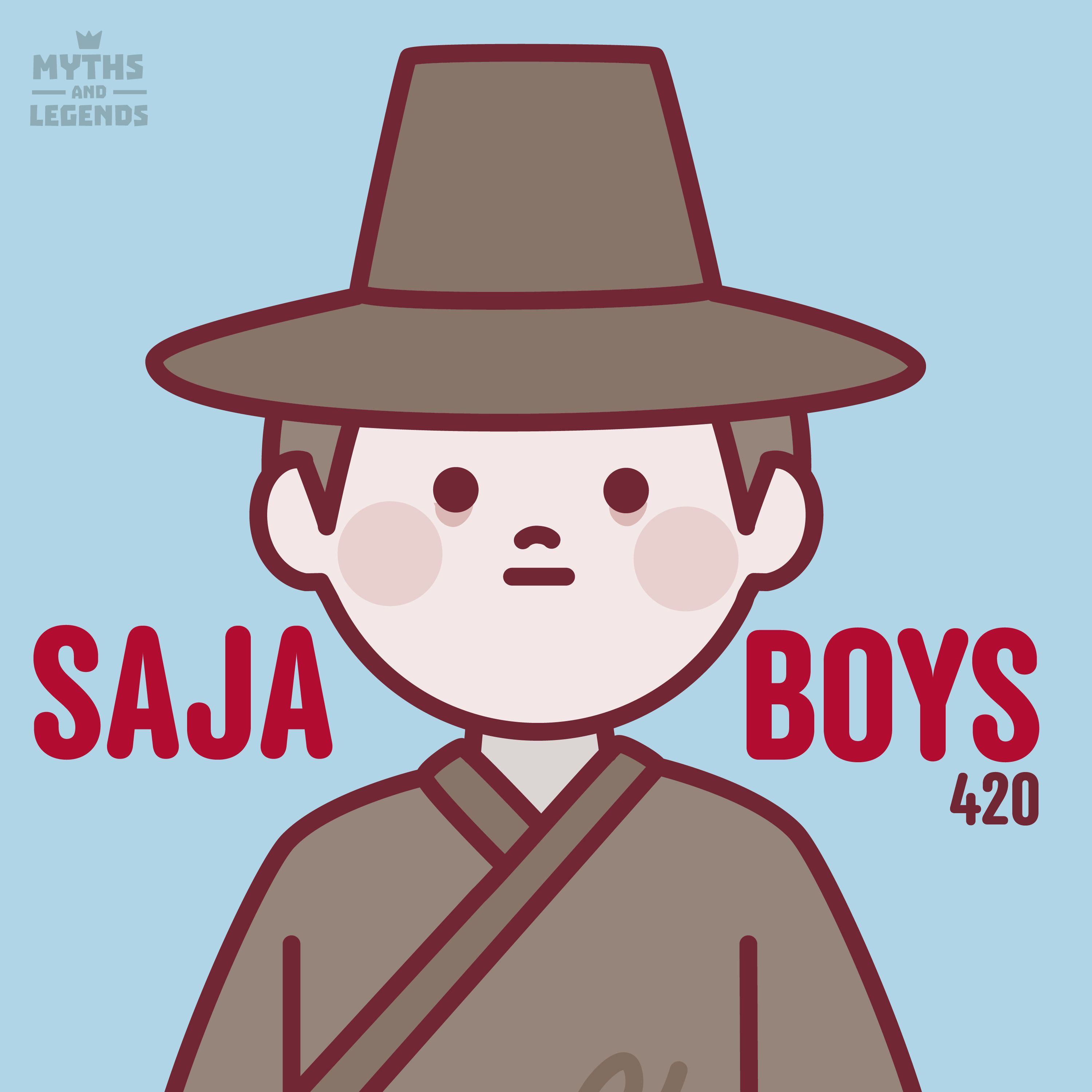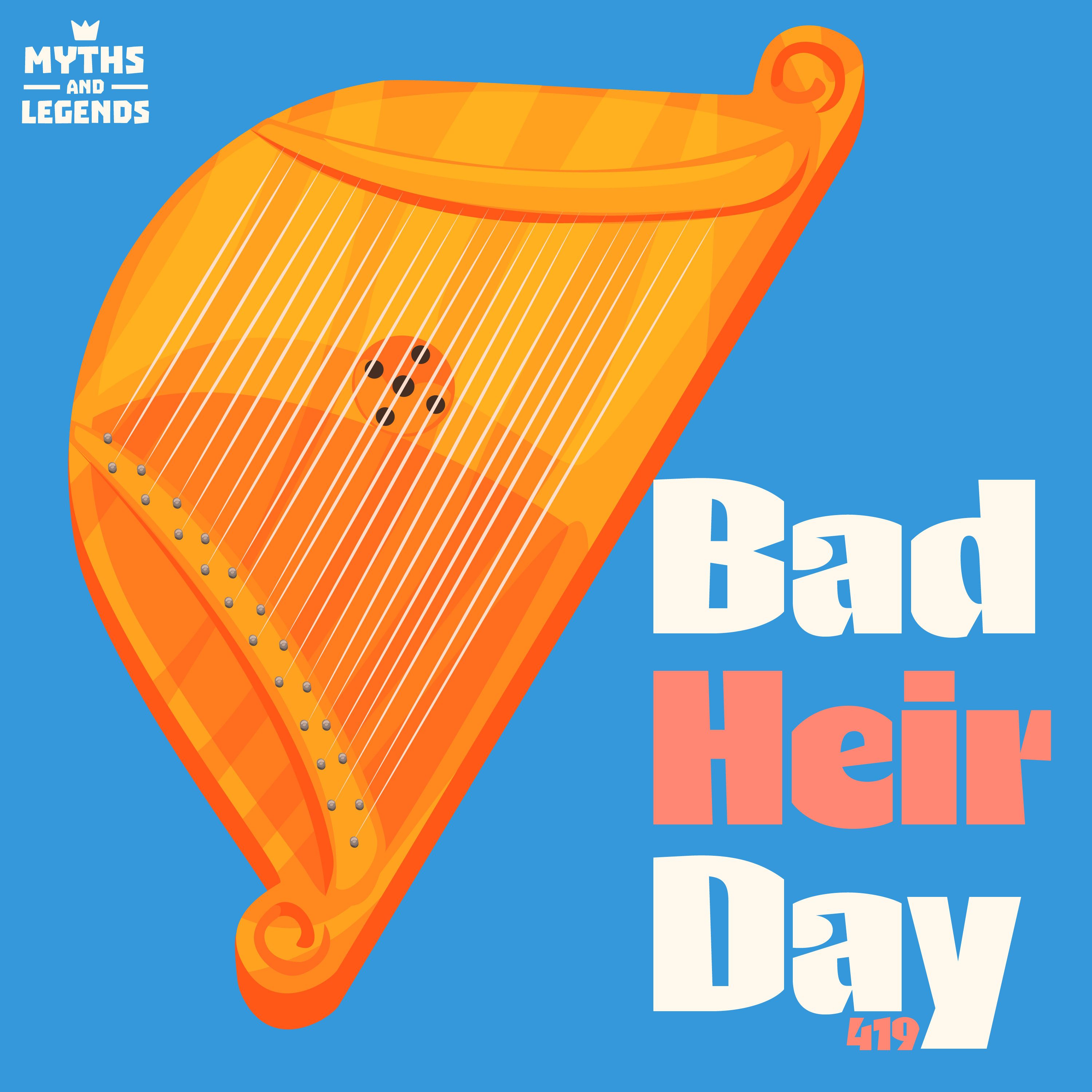378: Norse Sagas: Snowfell (part 1 of 2)
The first part of the story of Bard, a medieval Icelandic dad who goes full Batman.
The creature is Stallo. It's made of turf and magic, but it takes half your remaining life as soon as it's born, so it's kind of like a real human child in that way.
Links:
Poll/disclaimer: https://myths.link/378
Source for these episodes: https://myths.link/bardsaga
---
Sponsors:
BetterHelp: Myths and Legends is sponsored by BetterHelp. Start focusing and start living your best life, with BetterHelp. Go to https://betterhelp.com/myths for 10% off your first month.
Shopify: Businesses that grow, grow with Shopify. Get started with the global commerce platform that helps you sell at every stage of your business at https://shopify.com/legends
---
Music:
"Hiking Cluster" by Blue Dot Sessions
"Greycase" by Blue Dot Sessions
"An Unwitting Invitation" by Blue Dot Sessions
The creature is Stallo. It's made of turf and magic, but it takes half your remaining life as soon as it's born, so it's kind of like a real human child in that way.
Links:
Poll/disclaimer: https://myths.link/378
Source for these episodes: https://myths.link/bardsaga
---
Sponsors:
BetterHelp: Myths and Legends is sponsored by BetterHelp. Start focusing and start living your best life, with BetterHelp. Go to https://betterhelp.com/myths for 10% off your first month.
Shopify: Businesses that grow, grow with Shopify. Get started with the global commerce platform that helps you sell at every stage of your business at https://shopify.com/legends
---
Music:
"Hiking Cluster" by Blue Dot Sessions
"Greycase" by Blue Dot Sessions
"An Unwitting Invitation" by Blue Dot Sessions
Press play and read along
Transcript
Transcript is processing—check back soon.
Myths and Legends — 378: Norse Sagas: Snowfell (part 1 of 2)
